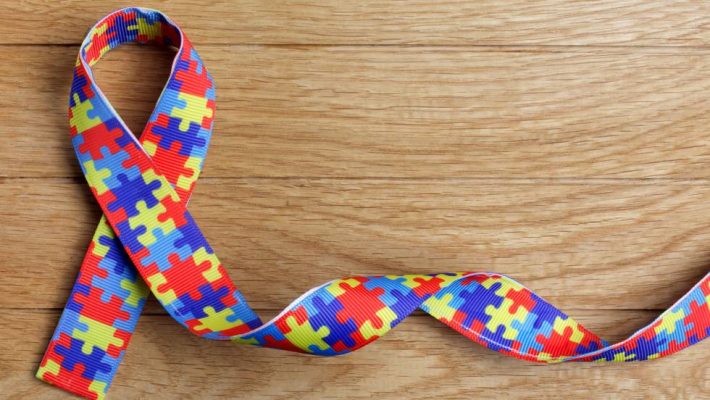
“How to teach our children and young people to be supportive?”
According to Montessori pedagogy, human beings go through different “sensitive periods or sensitive periods.” They are stages or moments of development in which we are predisposed and it becomes easier for us to learn a special skill, using our senses and our entire being to achieve it. In this way we have successively gone through […]
22 March, 2024

Recommendations for a good start to the school year in virtual mode
We will be starting the 2021 school year in the non-face-to-face modality and everyone at home must be prepared so that our children and adolescents are motivated and are guaranteed a stable learning environment. Good internet service It is important to hire a good internet service that allows our children to be connected and use […]
22 March, 2024

On April 2, we celebrate “World Autism Awareness Day”.According to WHO statistics, one in every 160 children worldwide has Autism Spectrum Disorder (ASD), although in low- or middle-income countries like ours, the prevalence has not been extensively studied.Individuals with ASD experience a disorder that affects neurological development. It is typically detected before the age of […]
25 March, 2024